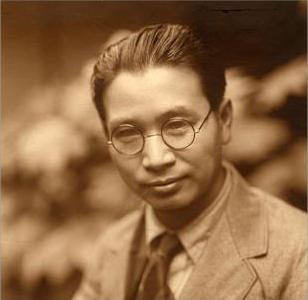A Quote by Edward Bulwer-Lytton, 1st Baron Lytton
Earnest men never think in vain, though their thoughts may be errors.
Related Quotes
This is to be observed of the Bishop of London, that, though apparently of a spirit somewhat austere, there is in his idiosyncrasy a strange fund of enthusiasm, a quality which ought never to be possessed by an Archbishop of Canterbury, or a Prime Minister of England. The Bishop of London sympathies with everything that is earnest; but what is earnest is not always true; on the contrary error is often more earnest than truth.
Without Christ, sciences in every department are vain....The man who knows not God is vain, though he should be conversant with every branch of learning. Nay more, we may affirm this too with truth, that these choice gifts of God -- expertness of mind, acuteness of judgment, liberal sciences, and acquaintance with languages, are in a manner profaned in every instance in which they fall to the lot of wicked men.
If you realized how powerful your thoughts are, you would never think a defeatist or negative thought. Since we create through thought, we need to concentrate very strongly on positive thoughts. If you think you can't do something, you can't. But if you think you can, you may be surprised to discover that you can. It is important that our thoughts be constantly for the best that could happen in a situation - for the good things we would like to see happen.
In terms of playing like a straight leading man type thing, I feel like all these guys are kind of not necessarily leading men but straight kind of characters. Even though they may seem bizarre or strange, I feel like I think everybody's nuts. I mean, I really do. And the weirdest thing in the world is to see some guy who is just super earnest.
The study of the errors into which great minds have fallen in the pursuit of truth can never be uninstructive. . . No man is so wise but that he may learn some wisdom from his past errors, either of thought or action, and no society has made such advances as to be capable of no improvement from the retrospect of its past folly and credulity.
First Thoughts are the everyday thoughts. Everyone has those. Second Thoughts are the thoughts you think about the way you think. People who enjoy thinking have those. Third Thoughts are thoughts that watch the world and think all by themselves. They’re rare, and often troublesome. Listening to them is part of witchcraft.
In vain do we seek tranquility in the desert; temptations are always with us; our passions, represented by the demons, never let us alone: those monsters created by the heart, those illusions produced by the mind, those vain specters that are our errors and our lies always appear before us to seduce us; they attack us even in our fasting or our mortifications, in other words, in our very strength.





































